Oil-rich nations seeking to diversify economy by giving billions to China's NEV companies
China's smart vehicle makers and autonomous driving companies have become popular with investors in the Middle East, especially Saudi Arabia, as the oil-rich region is looking for new ways to drive its economy.
So far this year, at least seven startups in the sector including Nio have inked deals with investors from countries in the region, with combined investment nearing 100 billion yuan ($13.72 billion).
Last week, Dongfeng-backed BeyonCa signed a memo with Saudi Arabia-based conglomerate Al Faisaliah Group to explore opportunities for electric vehicle development, encompassing research and development, manufacturing as well as trade, charging and insurance.
Ziad Al Tunisi, CEO of AFG, expressed his admiration for China's innovative and forward-looking EV industry, highlighting BeyonCa's technology and vision.
Established in 2021, BeyonCa unveiled its first concept model, the GT Opus 1, in late 2022. The startup has offices in China, Germany and Singapore.
Tunisi said: "It's not just a car; it's a lifestyle. I hope that our partnership will advance to help introduce the EV industry into Saudi Arabia."
"Saudi Arabia is opening its arms to the world, especially to China and Chinese companies. We aspire to foster a relationship in the EV industry as we have previously achieved in the healthcare sector," said Tunisi.
BeyonCa also inked a strategic cooperation agreement with Qadisha Group, an advisory and venture builder with extensive experience and resources in the automotive industry.
Marwan Emile Faddoul, chairman of Qauto, an enterprise within the QG portfolio, said the company would like to establish an electric hub in this region through collaboration with BeyonCa.
In the same week, autonomous driving startup Pony.ai said it has obtained an investment of $100 million from Saudi Arabia's special economic zone, NEOM.
They plan to build a joint venture to develop, manufacture and deliver autonomous driving services, advanced vehicles and smart vehicle infrastructure in key markets in the Middle East and North Africa.
Terry Wong, executive director of Land Mobility at NEOM, said the investment in Pony.ai is an essential part of its ambitious plans to build a smart, zero-emission, autonomous multimodal transport system.
"With this investment, we are moving ever closer toward a new future for commuters and travelers — one that is safer, more convenient and more sustainable," he said.
The proposed joint venture will include a local state-of-the-art autonomous vehicle manufacturing and R&D facility.
James Peng, co-founder and CEO at Pony.ai, said: "This major regional expansion for Pony.ai is a milestone for our global aspirations and our vision of 'autonomous mobility everywhere' and will advance the development of the global AV(autonomous vehicle) industry into a new stage."
Shanghai-based EV startup Human Horizons established a $5.6 billion venture with Saudi Arabia's investment ministry in June to conduct "automotive research, development, manufacturing and sales".
In the same month, Nio said it would receive an investment of $738.5 million from CYVN Holdings, a government-backed firm in the United Arab Emirates, to strengthen the company's balance sheet and fund technological innovation.
Analysts said as the world is going through a green transition, oil-rich countries are showing a growing interest in e-mobility and Chinese startups, considering their size and their demand for capital.
Saudi Arabia has been trying to shift its economy away from oil and is aiming to manufacture more than 300,000 new energy vehicles annually by 2030.
The increasing number of corporate ties between China and the Middle East may open a new window for those EV startups and China's automotive industry as whole, as they are facing unfair treatment in Europe, which launched an anti-subsidy probe into China-made EVs.
But analysts are quick to add that investors in the Middle East are not limiting their investment to Chinese startups.
Last week, the Public Investment Fund, which is Saudi Arabia's sovereign fund, and Hyundai signed an agreement to build a plant in the country.
The plant, which will have an annual production capacity of 50,000 electric and gas-powered cars, will be the first South Korean automobile factory in the Middle East. The first vehicles are to roll off the assembly line in 2026.
PIF will hold a 70 percent stake in the new joint venture with Hyundai holding the remaining 30 percent. Total investment for the project is estimated to exceed $500 million.
"Hyundai will also act as a strategic technology partner to support the development of the new manufacturing plant, by providing technical and commercial assistance," said the two sides in a statement.
In September, California-based EV maker Lucid opened its first car manufacturing plant in Saudi Arabia, with the largest shareholder being PIF.
The factory will initially focus on assembling vehicle kits sent from the United States. The Saudi government also has an agreement with Lucid to purchase up to 100,000 vehicles from the company over a 10-year period.








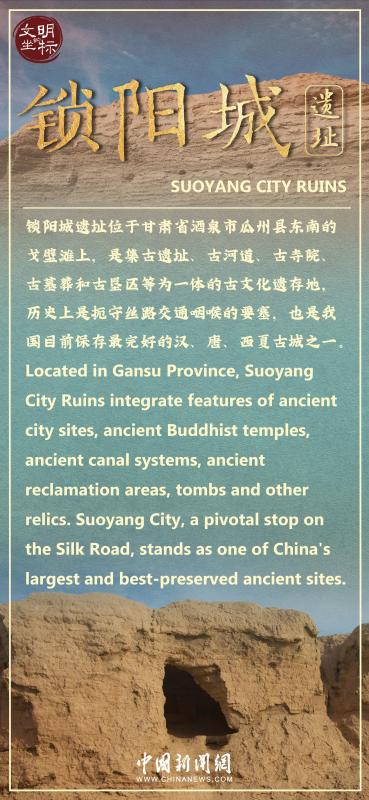
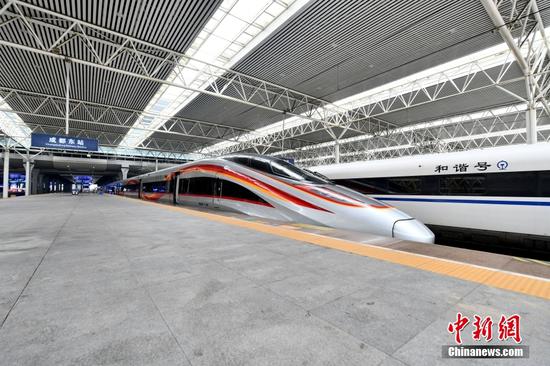





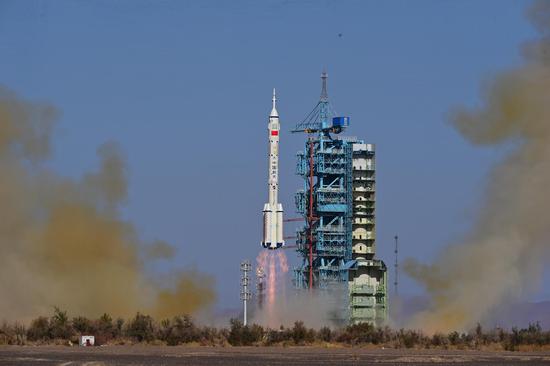
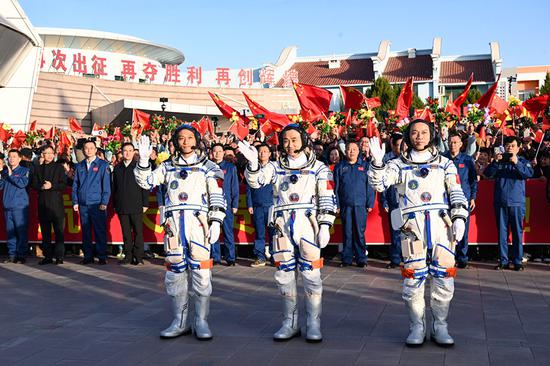
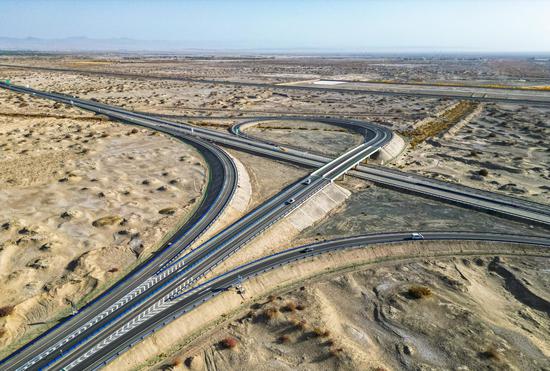



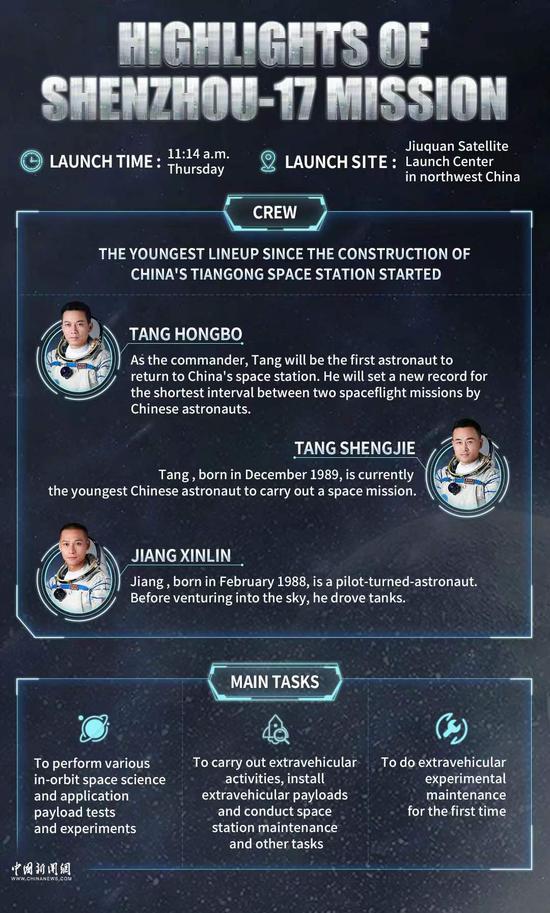
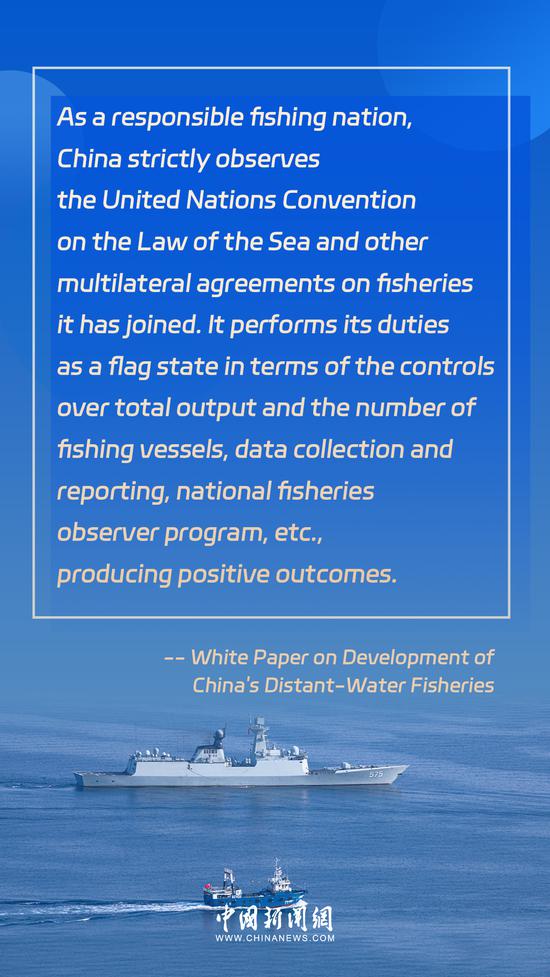


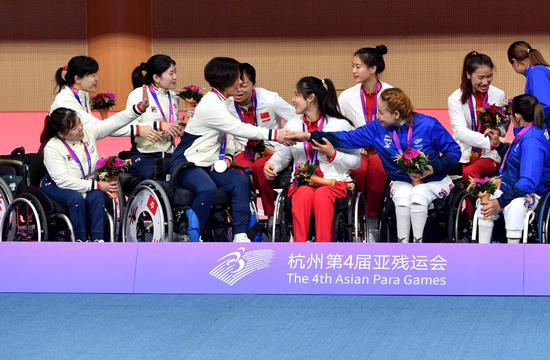
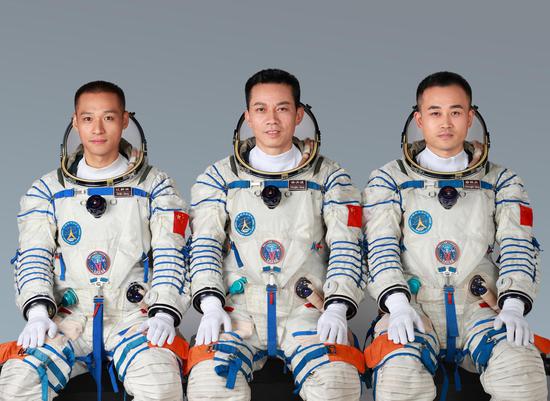
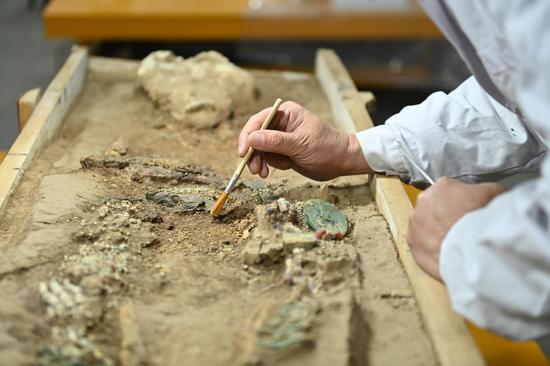

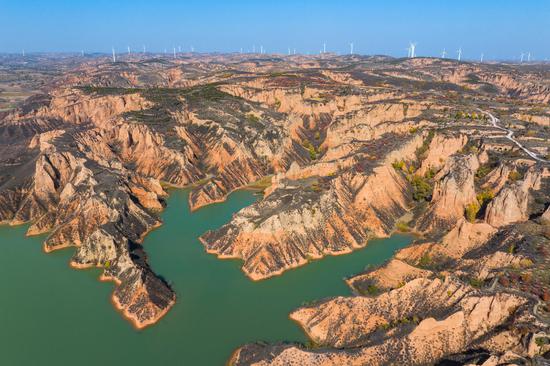
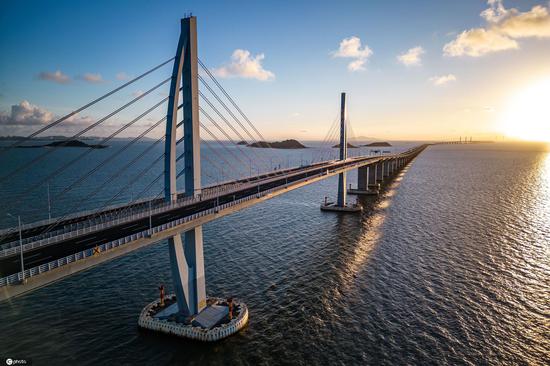
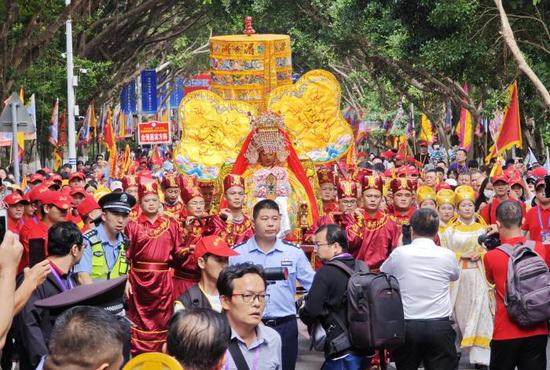

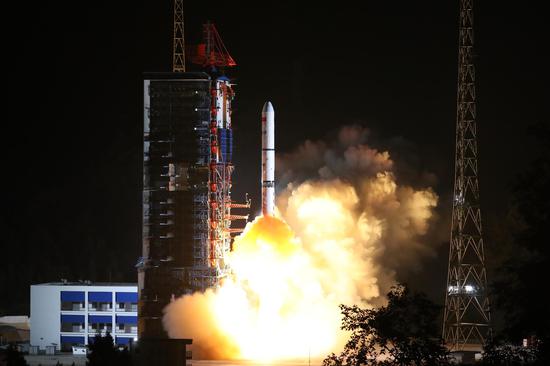

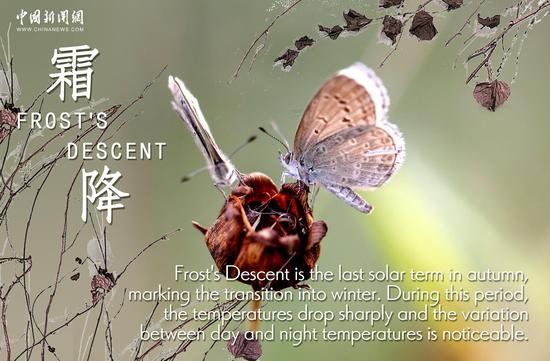


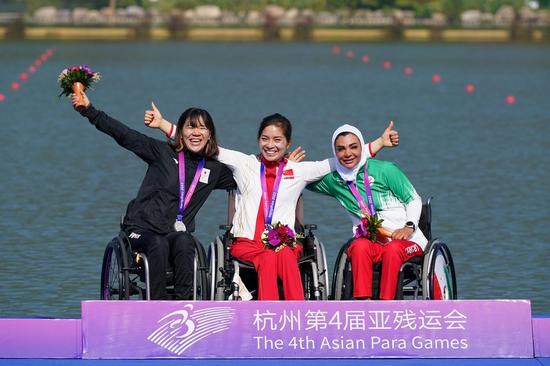

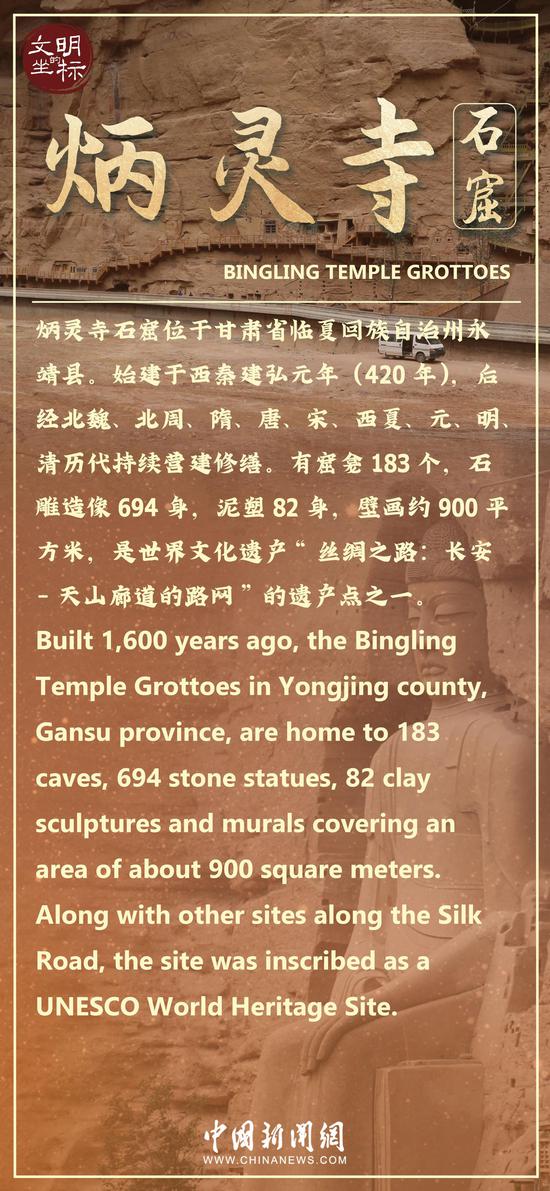
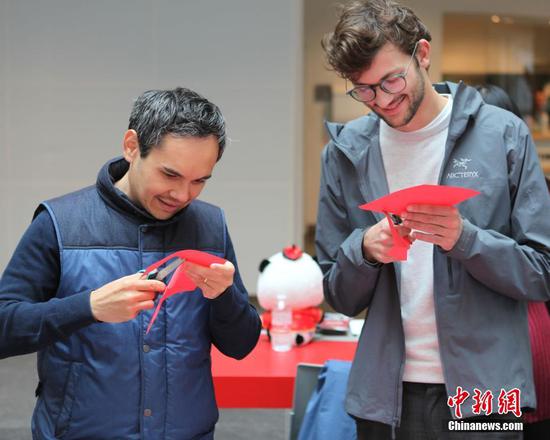
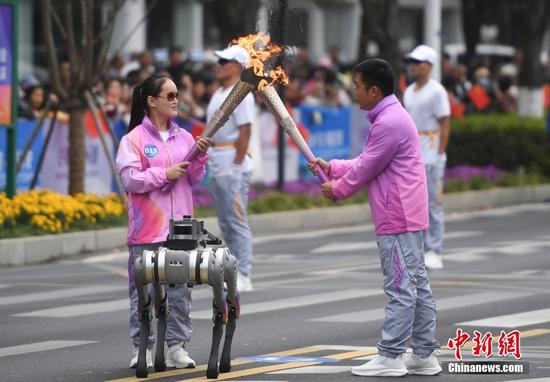







 京公网安备 11010202009201号
京公网安备 11010202009201号